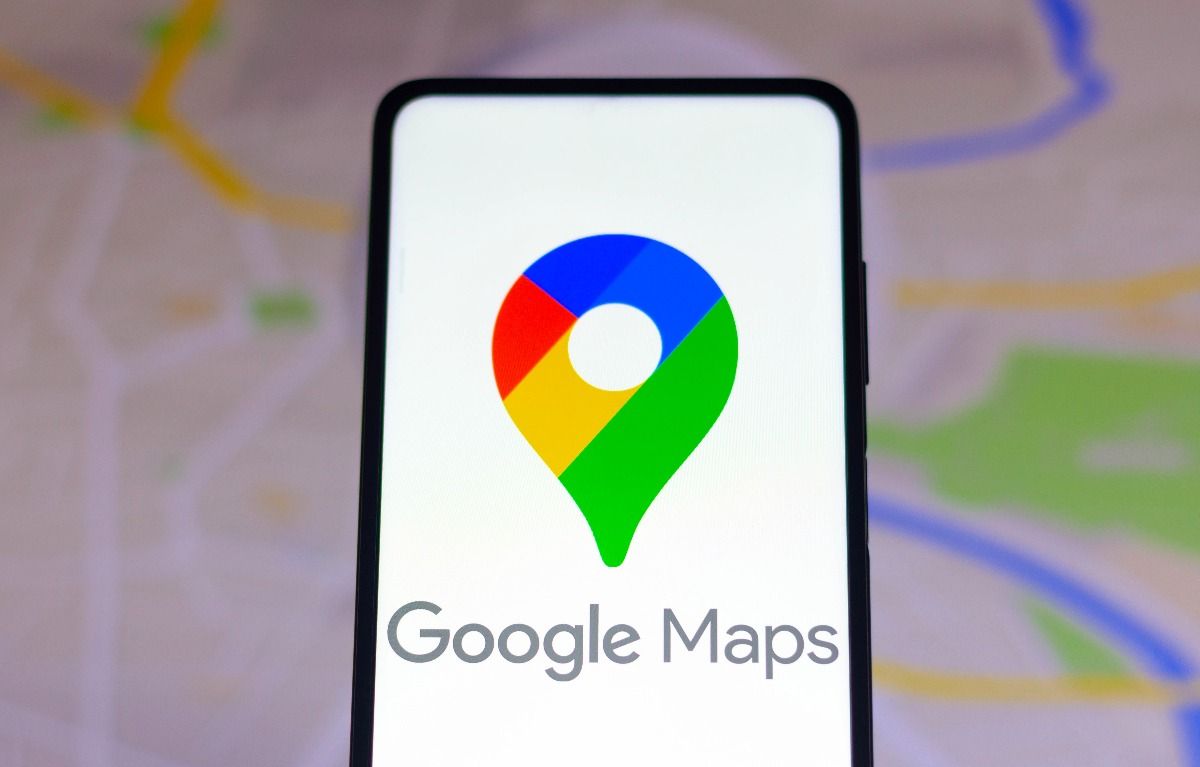South Korea delays decision on letting Google move hi-res map data overseas

By Alimat Aliyeva
South Korea has once again delayed its decision on whether to allow Google to transfer high-precision geographic map data of the country to its overseas servers, raising ongoing questions about national security, data sovereignty, and digital infrastructure, Azernews reports.
In February, Google submitted a formal request to the Korean National Geographic Information Institute (NGII) to use 1:5,000 scale high-precision maps in its services within South Korea and to export that data to its global data infrastructure, a spokesperson from the Ministry of Land, Infrastructure and Transport confirmed to TechCrunch.
Although the government was initially expected to respond within 60 days — by mid-May — the deadline has now been pushed to August 11 as interagency discussions continue.
This marks Google’s third attempt to obtain such approval from South Korea, following similar requests in 2011 and 2016. Currently, Google Maps in South Korea operates at a 1:25,000 scale, offering limited street-level detail compared to local competitors.
The proposed 1:5,000 scale would significantly enhance navigation capabilities, providing detailed depictions of narrow streets, alleys, and building outlines — improvements that could be particularly helpful for autonomous vehicles, delivery services, and foreign tourists.
When Google’s request was denied in 2016, South Korean officials cited national security concerns, saying approval would only be considered if the company agreed to establish a domestic data center and implement restrictions such as blurring sensitive locations, including military and government sites.
As of now, Google has not announced any plans to build a data center in South Korea, despite operating facilities in other Asian countries like Singapore, Taiwan, Japan, Thailand, and Malaysia.
The ongoing data restrictions have had a notable impact on the functionality of Google Maps and Apple Maps in South Korea. Tourists and foreign residents frequently report difficulties navigating, as these services offer limited address search features and lack real-time navigation, particularly in non-Korean languages.
Instead, most locals rely on domestic mapping services such as Naver Maps, TMap, and Kakao Maps, which provide 1:5,000 scale map data and a richer set of localized features. According to recent data:
Naver Maps (launched in 2002): ~27 million monthly active users (MAUs)
TMap: ~24 million MAUs
Kakao Maps: ~11 million MAUs
All three services are optimized for domestic use, offering real-time traffic, public transportation routes, street views, and even augmented reality (AR) navigation, but often lack multilingual support — a challenge for non-Korean speakers.
Google declined to comment on the latest delay.
This situation underscores the global tension between digital innovation and data sovereignty. As governments become increasingly protective of sensitive geographic and user data, tech giants like Google face mounting challenges in balancing compliance with local laws and maintaining global service consistency.
South Korea’s cautious stance reflects concerns over national security in an era where geospatial intelligence can be weaponized. It also highlights the country’s ambition to prioritize local tech ecosystems, which have flourished in part because of these very restrictions.
South Korea is one of the few advanced economies where Google Maps is not the dominant navigation platform. This creates a rare example of a digital space where local players continue to outcompete global tech giants, thanks to regulatory protections, localization, and user preference.
Whether Google will eventually meet South Korea’s demands — potentially by building a data center or agreeing to stricter data handling rules — remains to be seen. For now, the standoff continues.
Here we are to serve you with news right now. It does not cost much, but worth your attention.
Choose to support open, independent, quality journalism and subscribe on a monthly basis.
By subscribing to our online newspaper, you can have full digital access to all news, analysis, and much more.
You can also follow AzerNEWS on Twitter @AzerNewsAz or Facebook @AzerNewsNewspaper
Thank you!
